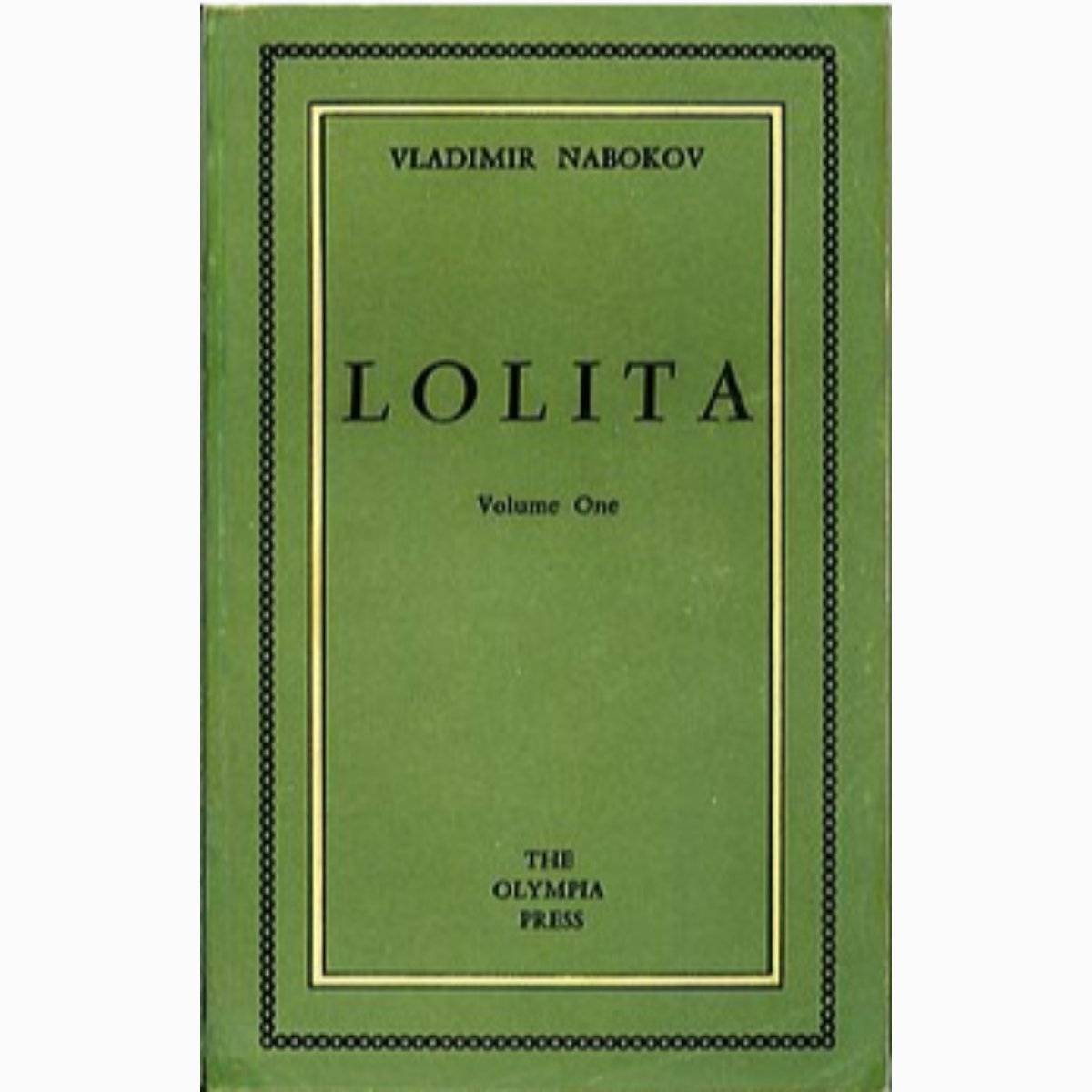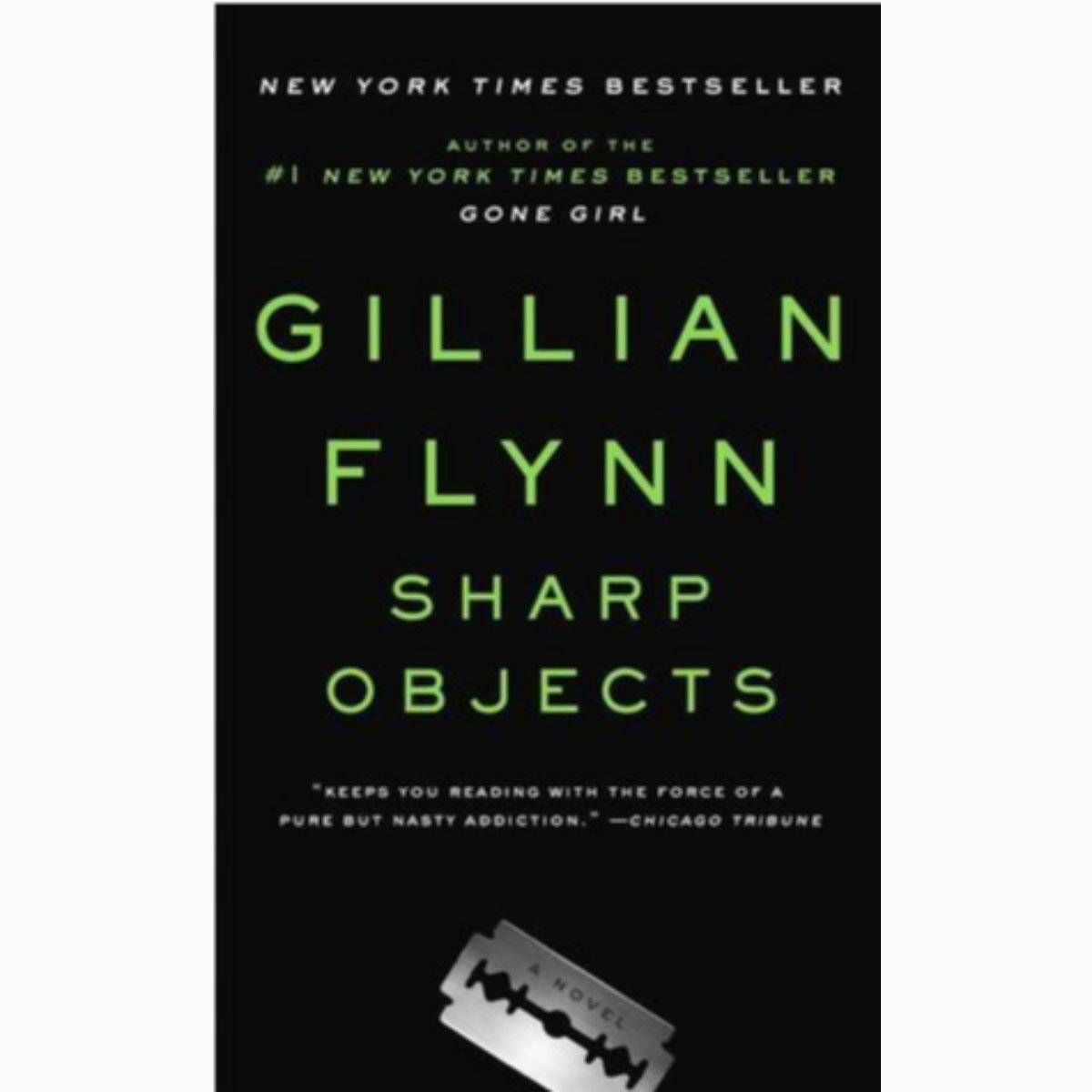“I was foolish.“
“No,“ Papa said. “You were a boy.“
 3y
3y“I was foolish.“
“No,“ Papa said. “You were a boy.“
 3y
3yI reread The Hunger Games this semester and I thought it was really interesting to read the book from an anti-capitalist perspective. A lot of the conflicts with class and revolution in the book reminded me of present-day America
This book is written in a unique style, as it is told from the perspective of Death but follows the story of a 10-year-old girl named Liesel. The writing is broken up by announcements or interjections in bold font that clarify aspects of the story, which helps with the flow of the story. I like the third-person narrative because it offers insight into all the characters and into the mind of Death himself.
This book sounds like a really interesting perspective on society and totalitarianism, and I'd be interested to read it especially as it was written by a democratic socialist. I also his predicted map of the world is insightful and it would be fascinating to compare it to how different imperial powers have taken over the globe in reality.
In this novel, the author (Verity) the main character (Lowen) ghostwrites for is framed as the antagonist. When Lowen arrives at Verity's house to go through her notes, she finds a manuscript/auto-biography Verity wrote that details her evil inner dialogue and reveals her to be a manipulative psychopath. However, in the end, Lowen finds a letter that reframes her perspective once again and leaves her wondering if Verity is the villain after all.
The central conflict within this book is Humbert Humbert's attraction to Lo, a young girl. His desire for her is considered societally unacceptable and he overcomes barriers keeping them apart by seducing and marrying her mother.

Lolita is a classic, written from the perspective of a very sick man. The writing places the reader within his mind as he fantasizes about a girl child who he nicknames Lolita. It's definitely an interesting read, though sometimes sickening and difficult to follow, and I would recommend it only because of its literary value and references in other works.
i really felt like the barber should've taken the opportunity he had to kill him. though i think it was realistic to depict the internal struggle the barber had and the gravity of the decision to take another persons life, i do think sympathy for a settler colonist who was actively torturing and killing Colombian people isn't a great thing to highlight. by killing General Torres the barber could've prevented death and taken revolutionary action

This novel, written by Gillian Flynn, is about a journalist who returns to work after a stay in the psych ward for an assignment in her hometown. But the little girls showing up dead cause suppressed memories from her childhood to resurface, and she finds herself within the investigation.
I really like this book, I think it's very engaging and suspenseful